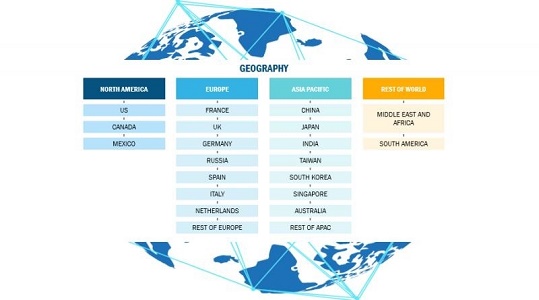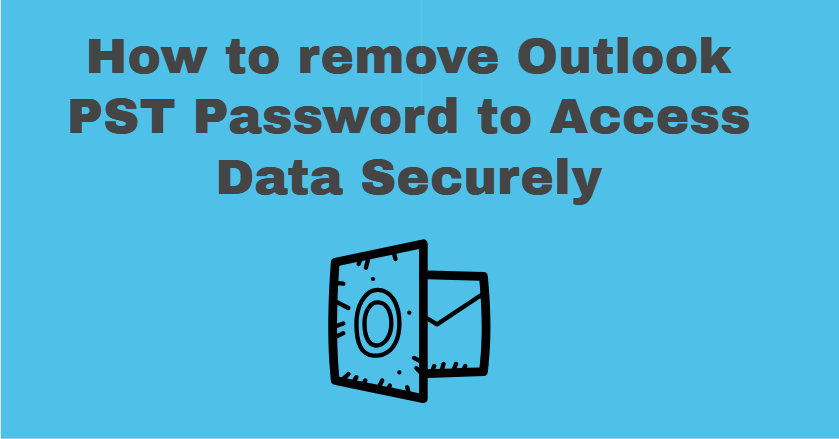Addressing Cybersecurity and Privacy Concerns in App Development: A Guide for Canadian App Developers
1) Understanding Cybersecurity and Privacy: Before delving into best practices, it’s essential to understand the concepts of cybersecurity and privacy in the context of app development. Cybersecurity focuses on protecting digital systems, including mobile applications, from threats and vulnerabilities, while privacy concerns the protection of users’ personal information.
2) Data Protection Regulations in Canada: Canadian app developers must be well-versed in the country’s data protection regulations, such as the Personal Information Protection and Electronic Documents Act (PIPEDA). Adhering to these laws is critical for the responsible handling of user data.
3) Secure Coding Practices: Implement secure coding practices during the development process. Canadian app developers should conduct code reviews, use encryption techniques, and regularly update their applications to fix vulnerabilities and weaknesses.
4) Authentication and Authorization: Ensure robust authentication and authorization mechanisms. Multi-factor authentication (MFA) and role-based access control can help prevent unauthorized access to sensitive user data.
5) Data Encryption: Utilize strong encryption methods to protect data both at rest and in transit. Employ secure protocols like HTTPS to encrypt data transferred between the app and servers.
6) Regular Security Audits: Conduct regular security audits and penetration testing to identify vulnerabilities and weaknesses. Address any issues promptly to maintain the app’s integrity.
7) Privacy by Design: Implement a “privacy by design” approach, where privacy features are considered from the app’s inception. This ensures that data protection is a fundamental aspect of the application’s architecture.
8) User Consent and Transparency: Provide clear, concise privacy policies and obtain explicit user consent before collecting and processing personal information. Canadian app developers must be transparent about how user data will be used.
9) Data Minimization: Adopt a data minimization principle, only collecting the data necessary for the app’s functionality. Delete unnecessary user data to reduce the risk associated with data breaches.
10) Regular Updates and Patch Management: Keep the app and its dependencies up to date with the latest security patches. This helps protect against known vulnerabilities that cybercriminals may exploit.
11) User Education: Educate app users on cybersecurity and privacy best practices, such as using strong passwords and being cautious about sharing personal information.
12) Incident Response Plan: Develop a well-defined incident response plan to handle data breaches or security incidents promptly and effectively.
Conclusion: Canadian app developers play a crucial role in safeguarding users’ cybersecurity and privacy. By adhering to the best practices outlined in this article, they can create applications that not only offer innovative features but also prioritize data security and user privacy. In a digital landscape filled with evolving threats, a proactive approach to cybersecurity and privacy is essential for maintaining user trust and regulatory compliance.
Here are some Top App Development Companies In Canada.





